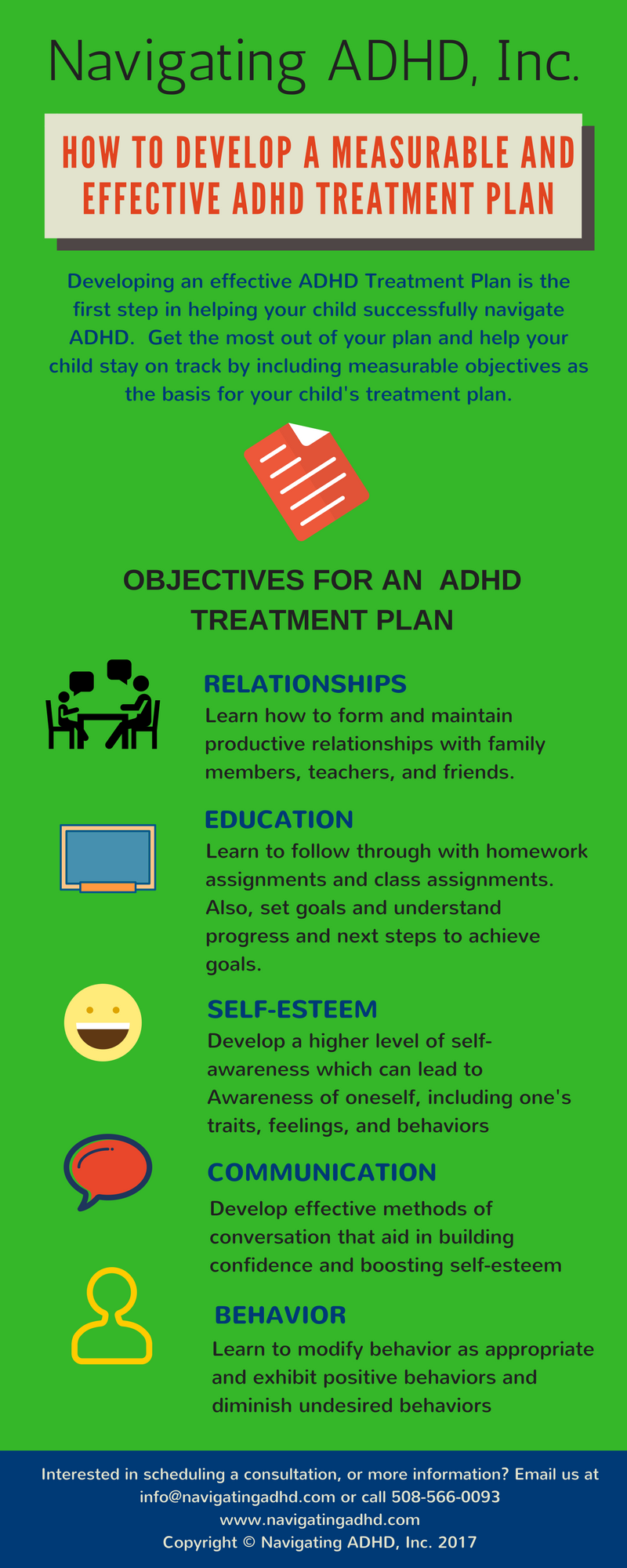Behavioral Health Services Designed for Holistic Care
Behavioral Health Services Designed for Holistic Care
Blog Article
Your Guide to Discovering the Right ADHD Therapy for Long Lasting Outcomes
Navigating the intricacies of ADHD therapy calls for a nuanced understanding of both the disorder and the myriad options available for effective administration. It is vital to acknowledge that what help one person may not necessarily produce the very same results for another. Hence, a customized approach-- incorporating expert guidance, medication, behavior approaches, and lifestyle modifications-- comes to be critical. However, the trip toward determining one of the most appropriate therapy plan can be filled with challenges. What are the vital aspects that influence effective end results, and how can people guarantee they are on the ideal path?
Understanding ADHD and Its Effect

In grownups, ADHD can lead to obstacles in work environment environments, influencing efficiency, time management, and interpersonal connections. Often, undiagnosed or poorly took care of ADHD can add to co-occurring mental health issues, such as anxiousness and clinical depression, further complicating a person's overall well-being.
The social perception of ADHD can differ, bring about preconception and misunderstanding, which might prevent individuals from seeking aid. As recognition grows, it is important to foster an environment that advertises understanding and support for those impacted by ADHD, stressing the requirement for precise diagnosis and customized techniques to reduce its influence on day-to-day life.
Summary of Treatment Choices
An extensive method to treating ADHD incorporates a variety of choices tailored to the person's one-of-a-kind demands. These choices can broadly be classified right into behavioral treatments, psychoeducation, and way of living alterations, alongside medicinal treatments that may be discovered later on.
Behavior interventions, such as cognitive-behavioral therapy (CBT), concentrate on customizing details habits and establishing coping techniques to manage symptoms effectively. Psychoeducation plays an important function in encouraging both people and their family members by providing details about ADHD, its obstacles, and reliable approaches for assistance.
Lifestyle adjustments can significantly affect ADHD monitoring. Regular exercise, a well balanced diet, and ample rest add to general wellness and signs and symptom control. Mindfulness techniques and leisure strategies can also enhance focus and minimize impulsivity.
Support system and family members treatment can foster a feeling of community and understanding, aiding individuals really feel less isolated in their experiences. Each therapy option ought to be thought about along with the person's preferences and circumstances, ensuring an alternative strategy that advertises long-term success. Inevitably, the goal is to develop a customized therapy plan that addresses the details obstacles associated with ADHD while boosting general quality of life.
Drug: Pros and Disadvantages
Drug plays a crucial role in the therapy of ADHD, with numerous options available that can considerably reduce signs for lots of people. Energizers, such as methylphenidate and amphetamines, are generally suggested and have shown performance in enhancing emphasis, lowering impulsivity, and improving overall behavior. These drugs work by boosting dopamine and norepinephrine degrees in the brain, which are usually dysregulated in those with ADHD.
However, using drug is not without its challenges. Some individuals might experience negative effects, consisting of sleeplessness, reduced hunger, or increased anxiousness. Additionally, discovering the best check these guys out dose can be a trial-and-error procedure, needing close tracking by health care experts. In addition, not all people reply to stimulant medicines, leading some to explore non-stimulant choices, which may have a postponed onset of he said action or various side results.
It is necessary for individuals and their family members to weigh these advantages and disadvantages meticulously. Balancing the benefits of sign monitoring versus possible adverse effects is critical for accomplishing ideal therapy outcomes. Partnership with healthcare providers can facilitate educated choices, making certain that medicine is part of a detailed ADHD management strategy.
Behavior Modification Strategies

One generally utilized method is Cognitive Behavior Therapy (CBT), which helps people determine and transform unfavorable idea patterns that add to ADHD-related difficulties. Therapist for ADHD. With CBT, clients learn to establish reasonable objectives, manage time successfully, and establish organizational systems
Another reliable technique is Moms and dad Management Training (PMT), which educates parents on how to strengthen positive behaviors and reduce adverse ones through consistent technique and communication methods. This method cultivates a supportive home setting that urges behavioral enhancements.
Social abilities training is likewise essential, aiding individuals with ADHD navigate social interactions much more successfully. Role-playing and modeling ideal behaviors can enhance social capability and minimize stress and anxiety in social circumstances.
Lifestyle Adjustments for Better Monitoring
How can way of living modifications significantly enhance the management of ADHD symptoms? Executing critical way of living adjustments can cause significant enhancements in focus, organization, and emotional guideline for people with ADHD.
First of all, establishing a structured everyday routine helps in developing predictability, which can alleviate feelings of overwhelm. Consistent schedules for meals, study, and sleep can improve everyday performance.
Including regular exercise is additionally important, as workout has been shown to increase dopamine levels, enhancing attention and inspiration (Therapist for ADHD). Going for at the very least 30 mins of modest workout most useful link days can be helpful
Nutrition plays a critical role as well. A well balanced diet regimen rich in omega-3 fats, whole grains, and healthy protein can support cognitive feature. Restricting refined sugars and high levels of caffeine might minimize signs, as these can result in power collisions and irritation.
Verdict
In verdict, finding the right ADHD therapy demands a multifaceted technique that considers private demands and preferences. Cooperation with healthcare professionals and open communication with assistance networks are important parts in browsing the intricacies of ADHD management, inevitably leading to lasting outcomes and improved high quality of life.
Report this page